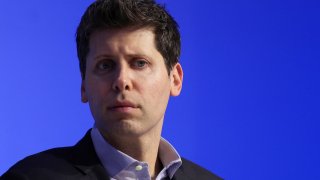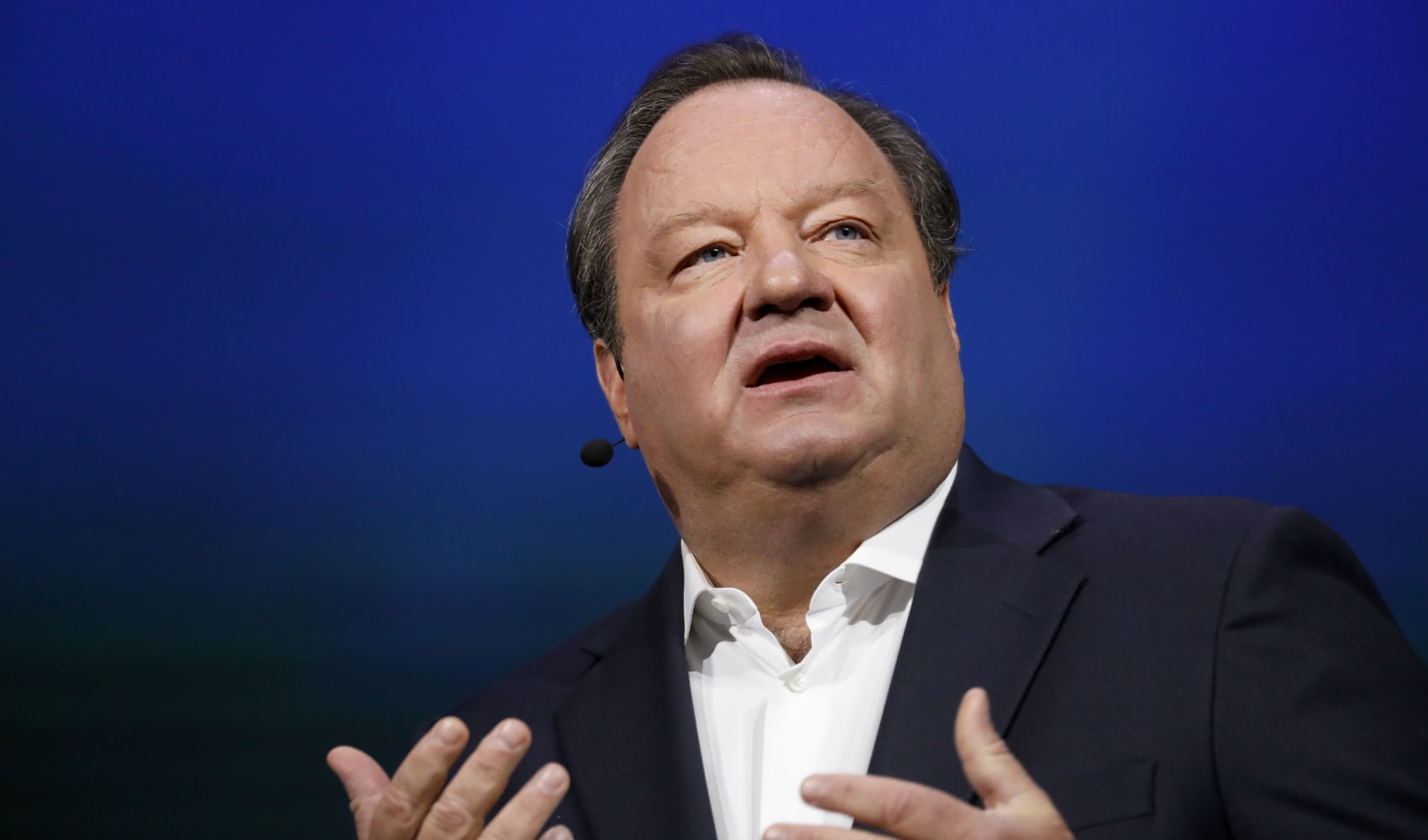
- OpenAI on Thursday announced its first partnership with a higher education institution.
- Starting in February, Arizona State University will have full access to ChatGPT Enterprise and plans to use it for coursework, tutoring, research and more.
- The partnership has been in the works for at least six months.
- ASU plans to build a personalized AI tutor for students, allow students to create AI avatars for study help and broaden the university's prompt engineering course.
OpenAI on Thursday announced its first partnership with a higher education institution. Starting in February, Arizona State University will have full access to ChatGPT Enterprise and plans to use it for coursework, tutoring, research and more.
The partnership has been in the works for at least six months, when ASU Chief Information Officer Lev Gonick first visited OpenAI's HQ, which was preceded by the university faculty and staff's earlier use of ChatGPT and other artificial intelligence tools, Gonick told CNBC in an interview.
ChatGPT Enterprise, which debuted in August, is ChatGPT's business tier and includes access to GPT-4 with no usage caps, performance that's up to two times faster than previous versions and API credits.
Get Tri-state area news and weather forecasts to your inbox. Sign up for NBC New York newsletters.
With the OpenAI partnership, ASU plans to build a personalized AI tutor for students, not only for certain courses, but also for study topics. STEM subjects are a focus and are "the make-or-break subjects for a lot of higher education," Gonick said. The university will also use the tool in ASU's largest course, Freshman Composition, to offer students writing help.
ASU also plans to use ChatGPT Enterprise to develop AI avatars as a "creative buddy" for studying certain subjects, like bots that can sing or write poetry about biology, for instance.
Gonick said ASU's prompt engineering course has become one of the university's most popular courses, not limited to engineering students. The access to ChatGPT Enterprise means students will no longer be limited by usage caps. He also said that after conversations with OpenAI's leadership, he feels confident that the tool provides a "private walled-garden environment" that will safeguard student privacy and intellectual property.
Money Report
OpenAI and ASU's joint release specified that any prompts the ASU community inputs into ChatGPT "remain secure," and that OpenAI "does not use this data for its training models."
AI chatbots such as ChatGPT have sparked criticism in the past year due to cheating concerns, with several school districts — including districts in Seattle, Los Angeles and New York City — outright banning the tool.
"There's no cookbook for this yet, but the key piece is around the capabilities of moving away from the token economy — to using the tech in a mindset of abundance, which is what we're going to be able to do with the Enterprise version for research activities, data analysis, discovery-based work and so forth," Gonick told CNBC.
In a release, OpenAI Chief Operating Officer Brad Lightcap said the company is "keen to learn from ASU" and to expand the use of ChatGPT by higher education institutions.
"As OpenAI begins to explore how to go to market or align a business for universities, they're looking for a design partner, a thought partner, and I think that's a significant measure why we've come together today to make this announcement," Gonick told CNBC.
Don't miss these stories from CNBC PRO:
- Tesla versus BYD: Analysts prefer one of them — giving it up to over 70% upside
- Goldman says small caps to beat large caps this year. 10 cheap smaller stocks to buy
- DoubleLine's Gundlach sees 'very painful' economic downturn, S&P 500 may be forming 'double top'
- 'One of the best valuations for AI': Buy the dip in this Big Tech stock, strategist says






